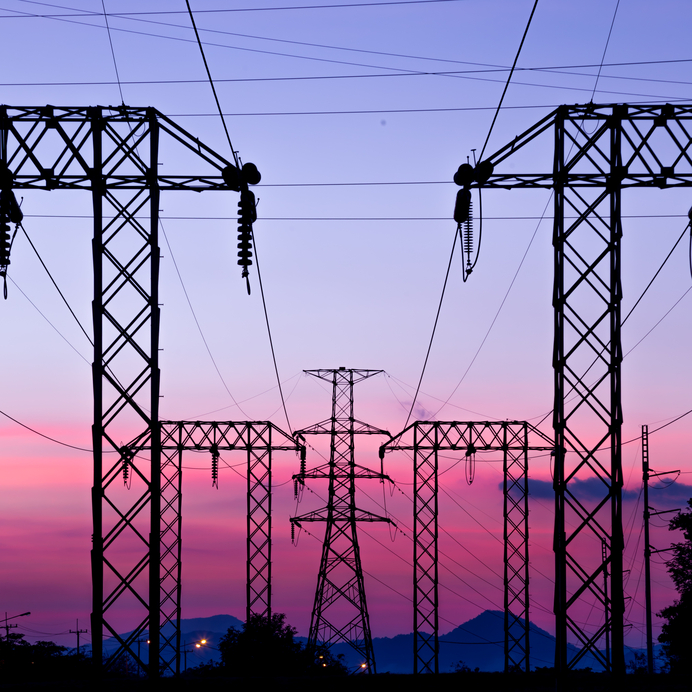Measuring and Evaluating Climate Resilience in Energy Systems

This online engineering PDH course provides a comprehensive introduction to methods for measuring and valuing resilience in energy systems, with a focus on the challenges posed by climate change and extreme weather events.
This course outlines the vulnerabilities of the electricity sector, examines the need to quantify resilience benefits, and presents frameworks to evaluate and prioritize resilience investments. It explores a five-step framework for resilience valuation that considers hazards, scenarios, occurrence frequencies, impacts, and consequences. Also, this course reviews a range of resilience valuation tools including geospatial models, facility-level assessment tools, and cost-benefit analysis approaches while also highlighting limitations, data needs, and emerging research opportunities.
In addition, this course analyzes resilience applications for residential buildings during heat waves, integration of electric vehicles into the grid, hardening of distribution systems against high-heat and flooding events, and the development of distributed energy microgrids. It demonstrates both the opportunities and trade-offs involved in resilience planning, such as balancing emissions reductions with system reliability.
This 4 PDH online course is applicable to electrical engineers, energy designers, as well as other technical professionals interested in integrating resilience into energy planning.
This PE continuing education course is intended to provide you with the following specific knowledge and skills:
- Understanding vulnerabilities of the electricity sector to climate-related hazards, disruptive events, and their economic and societal costs
- Explaining the difference between reliability and resilience in energy systems and recognizing trade-offs with emissions, public health, and equity
- Applying a five-step framework for resilience valuation, including hazard identification, scenario development, frequency estimation, impact calculation, and consequence quantification
- Evaluating resilience valuation tools such as geospatial risk models, facility-level assessments, and cost-benefit analyses, while identifying data and research needs across hazard modeling and scenario design
- Analyzing real-world case studies from New York State, including heat wave adaptation, electric vehicle integration, grid hardening, and microgrid development
- Developing the ability to design, evaluate, and justify resilience investments that strengthen energy security and align with climate policy goals
Upon successful completion of the quiz, print your Certificate of Completion instantly. (Note: if you are paying by check or money order, you will be able to print it after we receive your payment.) For your convenience, we will also email it to you. Please note that you can log in to your account at any time to access and print your Certificate of Completion.